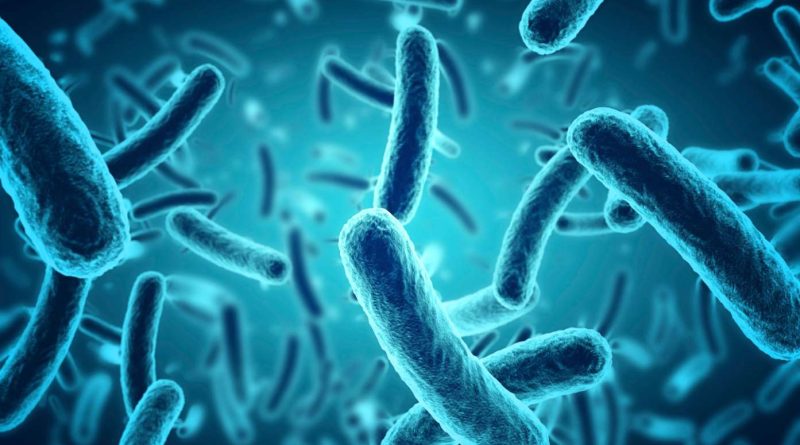Oral Microbiome Relationship to Mask Mouth
The oral microbiome refers to the microorganisms that reside within the oral cavity, including bacteria, fungi, and viruses. The oral microbiome plays a vital role in maintaining oral health, but it can also contribute to various diseases and conditions, such as dental caries, periodontal disease, and oral cancer. In recent years, research has focused on the relationship between the oral microbiome and mask mouth, a condition that has been observed in individuals who consistently wear masks due to the COVID-19 pandemic.
According to a study published in the journal Microbiology, mask mouth is characterized by an increase in oral bacteria, particularly those associated with periodontal disease, and a decrease in beneficial bacteria, leading to bad breath, dry mouth, and a sour taste in the mouth. The researchers found that mask wearing resulted in an increase in oral temperature and humidity, leading to an increase in bacterial growth and the production of volatile sulfur compounds (VSCs), which are responsible for bad breath.
Another study published in the Journal of the American Dental Association found that mask wearing was associated with an increase in oral dryness, a decrease in salivary flow, and an increase in oral pH. These changes in the oral environment can alter the oral microbiome, leading to an increase in pathogenic bacteria and a decrease in beneficial bacteria. The researchers also observed an increase in the levels of oral VSCs in individuals with mask mouth, leading to an increase in bad breath.
In addition to these changes in the oral microbiome, mask mouth has also been linked to other oral health issues, such as dental caries and periodontal disease. According to a study published in the Journal of Clinical Periodontology, mask wearing was associated with an increase in dental caries and periodontal disease, likely due to the changes in the oral environment that promote the growth of pathogenic bacteria. Similarly, a study published in the Journal of the American Dental Association found that mask wearing was associated with an increase in dental plaque and gingivitis, likely due to the accumulation of bacteria and the decrease in oral hygiene practices.
To address the negative effects of mask mouth on oral health, several strategies have been suggested. One study published in the Journal of Dentistry recommends increasing oral hygiene practices, such as brushing and flossing, to remove plaque and bacteria from the oral cavity. The use of oral rinses and mouthwashes can also help to kill bacteria and reduce bad breath. Additionally, the use of saliva substitutes or saliva stimulants can help to restore moisture to the oral cavity and improve oral health.
Other strategies to mitigate the negative effects of mask mouth on oral health include adjusting mask fit and wearing masks made from materials that allow for better air circulation. According to a study published in the journal Environmental Science and Technology, masks made from materials such as cotton and polyester-cotton blends were found to be more effective at reducing the risk of mask mouth compared to masks made from synthetic materials.
In conclusion, research has demonstrated a relationship between the oral microbiome and mask mouth, a condition observed in individuals who consistently wear masks due to the COVID-19 pandemic. Mask mouth is characterized by an increase in oral bacteria, particularly those associated with periodontal disease, and a decrease in beneficial bacteria, leading to bad breath, dry mouth, and a sour taste in the mouth. Mask mouth has also been linked to other oral health issues, such as dental caries and periodontal disease. To address the negative effects of mask mouth on oral health, several strategies have been suggested, including increasing oral hygiene practices, using oral rinses and mouthwashes, and using saliva substitutes or saliva stimulants.


